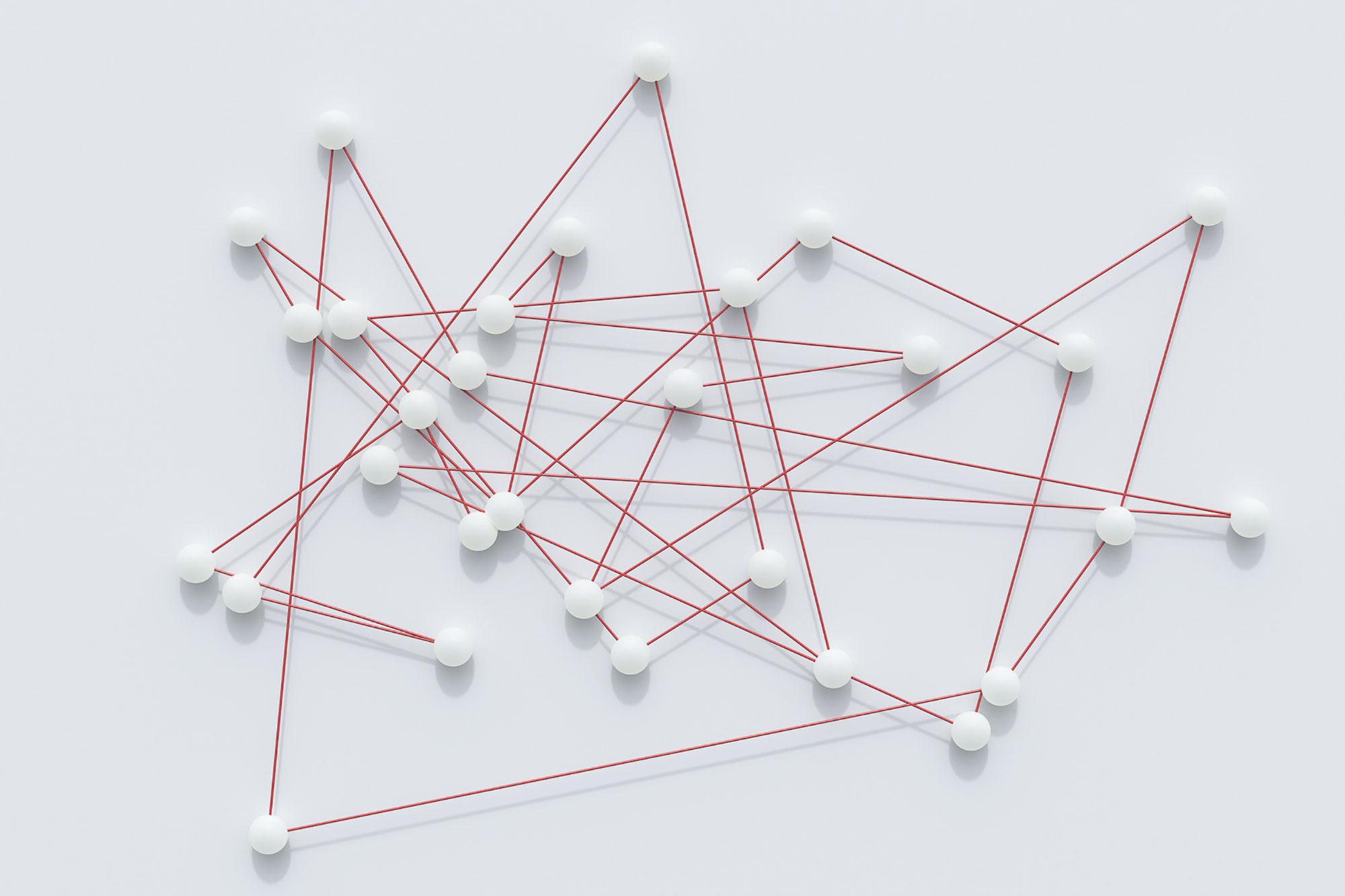COST: Developing the best ideas and projects through dialogue

Scientific exchange in an international COST research network can be extremely demanding. But those who are willing to make the commitment benefit enormously, as Célia Baroux and Matthias Drilling report.
A recipe for success for over fifty years: European Cooperation in Scientific and Technical Research (COST) provides a funding framework for international research networks. The initiative to define the hottest topics in so-called COST Actions, to organise exchanges with colleagues, and to develop new ideas and projects lies entirely with the scientists.
The network is as important as one's own research
The COST Action INDEPTH is a good example: from 2017 to 2021, 15 research groups addressed the question of how the interplay of DNA and epigenetic factors determines the properties of plants. During the customary four-year period defined for COST Actions, SNSF-funded University of Zurich plant biologist Célia Baroux co-chaired the network. "I joined the COST Action so that I could benefit from the international network and share knowledge," she says. "It was only later that I applied to the SNSF for funding for a specific COST research project."
Célia Baroux emphasises that the SNSF funding also benefits the whole COST Action, as it allows project ideas to be developed from the network’s activities. She also sees the funded project as a sort of reward for the effort involved in actively playing a role in the COST Action: coordinating a large research community, organising events and reporting take up a lot of time. Célia Baroux has also hosted exchange students from international partners in her group several times for two to three months each. "All of this takes a lot of energy," she says. "But at the same time, it is crucial for COST Actions to be extremely active and dynamic. This maximises their value for everyone involved."
"You get heavily scrutinised and challenged"
The great benefit of open and active exchange is also emphasised by Matthias Drilling, professor of urban development and social work at the University of Applied Sciences Northwestern Switzerland: "Before I apply for support for a project in a COST Action, I discuss it with researchers from twenty or even more countries. This almost always results in excellent ideas." As an example, he mentions the COST action YOUNG-IN, whose final conference he is currently doing the preparatory work for. In this COST Action, researchers are studying the difficulties that disadvantaged young adults face in entering the workforce and starting a family.
"From the Swiss side, we brought the topic of the housing market into the network," Drilling said. "That's because having your own flat is particularly central to starting a family, but many young people have difficulty finding one in Switzerland." The experiences from other European countries have provided important ideas for improving research on the topic in Switzerland, too, and have pointed to possible solutions. But the international dialogue is no walk in the park, says Matthias Drilling: "We meet in the COST Action every six months, you're in a continuous debate, so to speak – and you also get heavily scrutinised and challenged."
But that is precisely how the best ideas are generated. In the meantime, Matthias Drilling has carried out a highly regarded study in this COST Action, which is not his first. In this context, he was able to hire two refugees as research assistants who are particularly disadvantaged on the labour market. They are from Eritrea and Ethiopia and have master’s degrees.
Fruitful basis for further research projects
Last but not least, as Célia Baroux and Matthias Drilling both emphasise, participation in a COST Action opens up a wealth of further opportunities. Matthias Drilling, for example, has just successfully applied for a PhD network with one of his former COST research groups in the framework of the European Marie Sklodowska Curie Actions, while Célia Baroux is involved in a number of international collaborations as a direct result of her participation in the COST Action INDEPTH. And thanks to the high intensity of the four-year exchange in COST, the networks, once established, are very enduring and deliver benefits for many years to come.
COST: Combine lively debates and targeted projects
Do you value international dialogue with committed researchers? Then a European COST Action is just the right place for you. The SNSF can support your participation in an existing Action, the launching of a new Action or the implementation of your research project as part of an Action. The next submission deadline for COST Actions is 25 October 2023 (submission to the European Cooperation in Scientific and Technical Research) and 20 April 2023 for COST projects funded by the SNSF (submission to the SNSF). Switzerland is a full member of COST. Therefore, researchers based in Switzerland are entitled to participate in all COST activities without any restrictions.